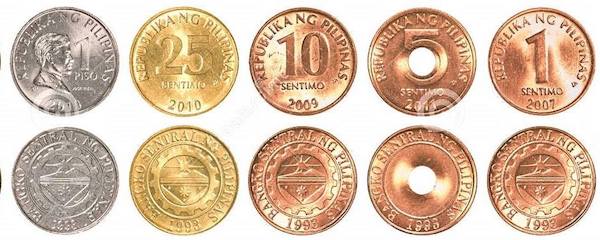Don’t keep my change!

By Rex Catubig
I’m a source of embarrassment when it’s time to pay for goods bought or food consumed. My friends steer clear of the awkward situation when I reach the cashier counter. The reason being that I always demand my change to the last coin. And I’m a stubborn senior who fights for it, unleashing a dormant Karen without remorse.
Every time, the recurring incident happens like a well-worn cliche. One time, as I paid for what I bought, the cashier counted back my change as she handed my money–but she stopped short at the loose change I was due and rounded off the amount—making me pay more. So what happened to the 57 cents I’m actually due, I asked the cashier. “Ay sori, sir”, she said, taken aback and posthaste reopened her register and handed me the rest of my change—2 quarters, which was still short of 7 centavos.

Not the type who would let this go just like that, I called for the supervisor who I gave a changeful of reminders for breakfast.
It’s disconcerting, that most have this cavalier attitude towards change. “Hayaan mo na, beinte cinco lang naman” is the dismissive refrain I always hear. Anything less than a peso is tossed aside disdainfully. In fact, the minute five centavo coin is deemed totally worthless—a pariah of monetary transaction. And the centavo is expunged out of existence.
It was this disdain for the lowly centavo that in June 1963, then President Diosdado Macapagal issued a proclamation aptly titled “Respect the Centavo”. The presidential directive was spot on: It targeted ” the great mass of breadwinners, especially the low-income group, who need to enjoy the full purchasing power of every centavo earned by them in order to feed, clothe, and shelter properly their families”.
More recently, the No Shortchanging Act of 2016 was enacted which ” aims to protect consumers who lose money to sellers or service providers who do not give exact change”. Remember how they would give out candies in place of change?
According to the law, “businesses or service providers should give exact change, and cannot refuse to give change” as it is their “duty to give exact exchange… without waiting for the consumer to ask for the same.”
So there you go, next time, count your change and demand the exact amount. And do not allow them to round off your total bill. P10.81 is not P11.00—making you pay more instead of giving back what is due.
The vendors are no beggars who deserve alms from us. The change they keep are not even shared with the employees who do the petty theft. And multiplied a hundred times a day, a thousand times a week, a million times a year, the practice amounts to a hefty sum that enriches their coffers and sends them laughing all the way to their banks.
While, alas, we, ordinary wage-earners or government pensioners who painstakingly scavenge every penny, haplessly dig into our pockets only to find it empty.







